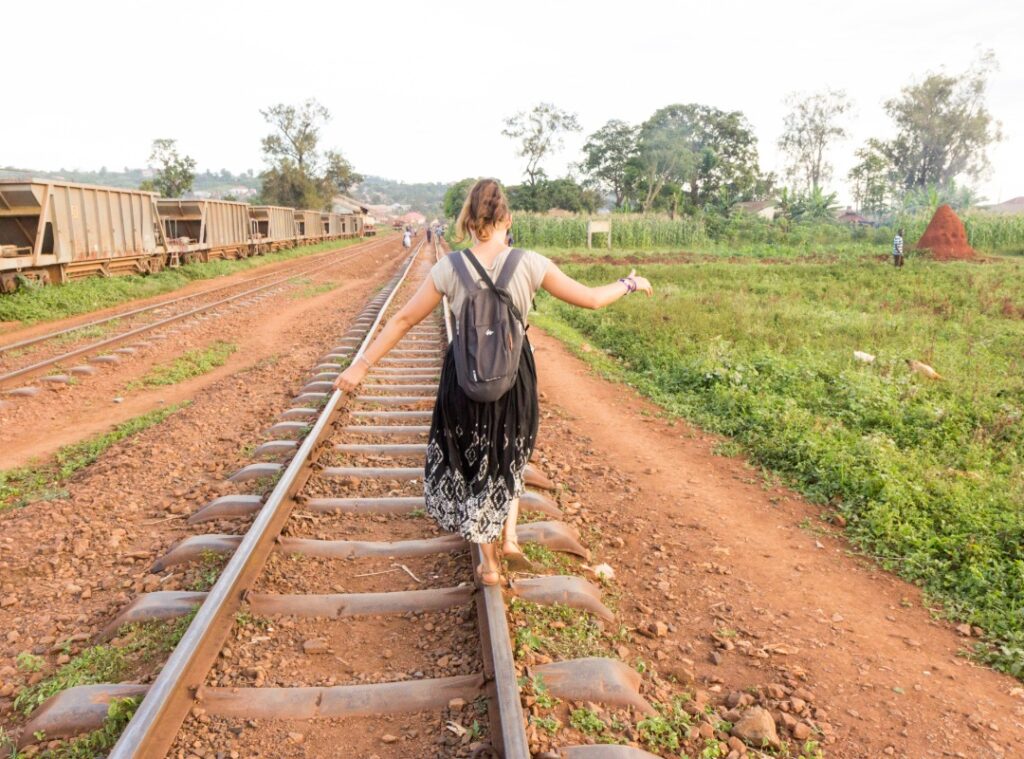Women's mobility is not just a problem for women. It has far-reaching implications for our political systems, economic growth and the well-being of future generations.
The daily commute is a fairly normal concept for us, but for women in African cities, urban transport represents a complex labyrinth of risks and challenges. This is once again evident valuable piece by Esthelyne Dusabe and Tu-Tho Thai in TheCityFix, an online source for the latest news and analysis on urban sustainability and development. We briefly summarize their article and note that for women in African cities, using public transport is often a daily confrontation with insecurity and inaccessibility.
From the moment they enter a minibus, tuk-tuk or bus, they are confronted with a series of additional problems. Choosing the safest route to the bus stop or taking a child with you are just some of the many considerations women make before traveling. This concern is further reinforced when they have to deal with overcrowded buses and trains, where personal space is often violated by sexual harassment or worse.
Despite efforts by initiatives such as TUMI's annual “Women Mobilize Women” conference, the specific security and access needs of women and girls remain unmet, hindering their economic empowerment. Recent research in cities such as Kampala, Uganda, and Nairobi, Kenya, reveals alarming statistics where more than 80% of women surveyed experienced sexual harassment while using public transport.
The impact of unsafe public transportation extends to reducing women's access to education, employment and other opportunities, with estimates that limited access to safe and reliable transportation reduces women's labor market participation by 16,5%.

Cities around the world have made significant progress in making streets and public transportation safer for women.
Several challenges, such as inadequate data collection, limited political will and inadequate infrastructure, hinder the development of effective solutions. However, innovations in cities worldwide show that change is possible. Projects in Maltepe, Istanbul and Zapopan, Mexico, have significantly improved safety and accessibility for women by improving infrastructure and deploying technological tools, such as the Nina app in Fortaleza, Brazil, which allows passengers to report incidents of sexual harassment to report.
examples
These international examples offer valuable lessons for African cities. Through gender-sensitive planning and policies, cities can create more inclusive and safer public transportation systems. A systematic approach that emphasizes diversity in teams, seeks political support, and collects gender-differentiated data is essential for developing scalable mobility solutions that empower women and create inclusive cities.
It is clear that there is still a lot of work to be done to ensure safety and accessibility for women on public transport. A participatory approach that prioritizes women's safety and access needs within public transportation systems and public spaces is crucial. Consistently integrating gender-sensitive needs into transport infrastructure planning, local policymaking and urban practices is essential for creating a more inclusive and equal society for all.
authors
Esthelyne Dusabe, is a specialist in urban mobility projects for WRI Africa en Tu-Tho Thai is a project manager and expert in contribution for information technology for public transport (ITxPT). TheCityFix is an online source for the latest news and analysis on urban sustainability and development. Launched in 2007, the site connects a global network of writers, urban planners, designers, engineers and citizens working to improve cities as places to live.




